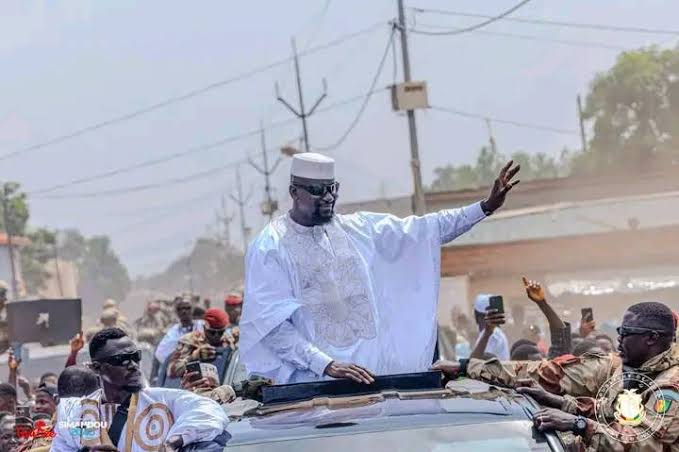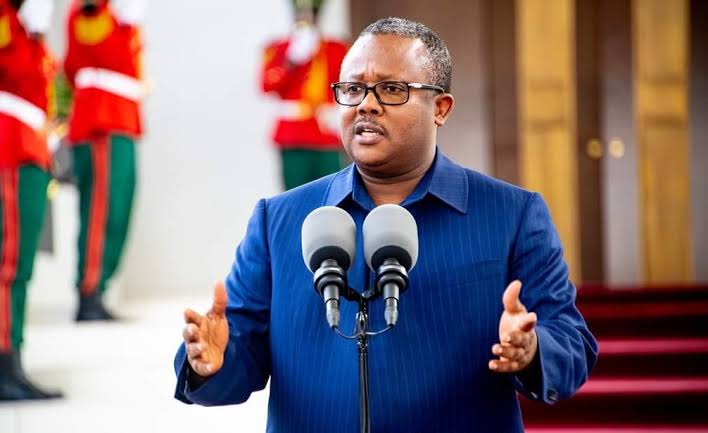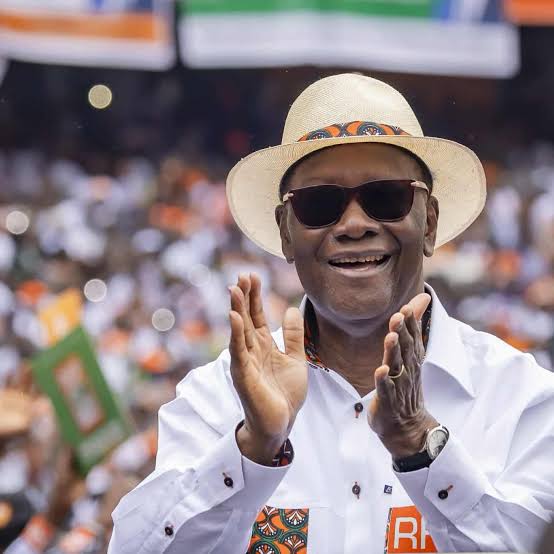Ouagadougou, Burkina Faso
Burkina Faso’s Transitional Legislative Assembly (ALT) on Oct. 29, unanimously approved a bill dissolving the country’s Independent National Electoral Commission (CENI), marking a significant shift in the country’s electoral framework. The decision transfers all electoral responsibilities to the Ministry of Territorial Administration.
The move has sparked both support and criticism, reflecting deep divisions over the country’s political direction. The dissolution was justified by state officials as a cost-saving measure, with the CENI described as a “waste of money.”
According to a statement from Minister of Territorial Administration, Émile Zerbo, the reform aligns with recommendations from the National Dialogue held on May 25, 2024, which called for streamlining state structures.
Zerbo stated that the decision strengthens “institutional coherence with the Transition Charter” and aims to limit foreign influence over the electoral process, a concern echoed by the country’s military ruler, Capt. Ibrahim Traoré, who has publicly labelled the CENI a tool for external interference.
Established in 2001, the CENI was responsible for organising national elections. Its dissolution follows a period of political upheaval since Traoré’s junta seized power in the September 2022 coup.
The transitional government, comprising army officers, civil society representatives, and traditional leaders, has operated under a constitution approved by the ALT, which replaced the democratically elected parliament.
The ministry will now oversee future polls, with a committee tasked to reassign the CENI’s 104 staff members and repurpose its resources. Supporters of the decision view it as a bold step towards sovereignty and resource prioritisation. Some insist that the move shows that Traoré’s leadership prioritises protecting national resources and major infrastructure projects are reportedly favoured over electoral spending.
Some sources argue that abandoning Western-style democracy could mirror China’s development model, free from what they call “expensive cycles of corruption.”
There were reports that the military government’s earlier intent to dissolve the CENI in July was linked to curbing foreign influence, a stance reinforced by recent arrests of NGO workers accused of spying.
The ALT’s unanimous vote indicated strong governmental consensus and suggests a shift toward centralised control. Whether this will stabilise the country as it confronts security challenges or turns further inwards from Western democratic norms remains an open question.











